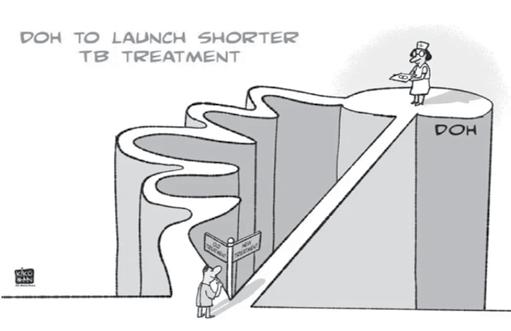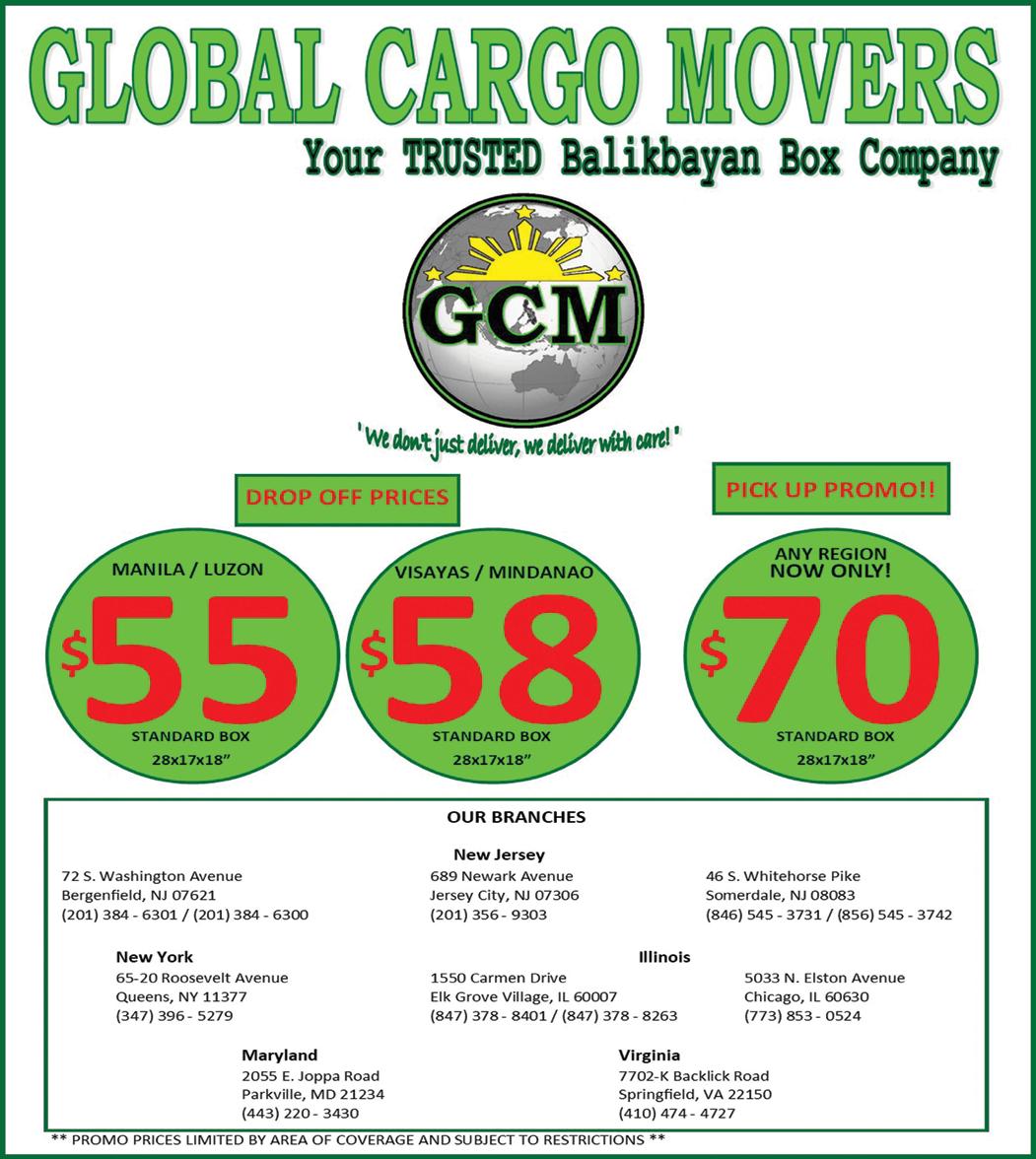
4 minute read
Editorial
care is needed when an ad is promoting tourism attractions in a particular country. DDB admitted that the use of foreign stock footage for a campaign urging the world to “love the Philippines” was “highly inappropriate.”
Thanks to Filipino blogger Sass Rogando Sasot, portions of the “Love the Philippines” tourism campaign video created by DDB and unveiled at the launch on June 27 were verified to have been lifted from stock footage. Worse, the video files featured destinations not in the Philippines but in countries including Indonesia, Thailand, the United Arab Emirates and Switzerland.
Advertisement
DDB has apologized for the “unfortunate oversight” even as it explained that the use of stock footage is standard practice in producing mood videos for advertising. Surely more
It’s not just the video that has been found to be unoriginal. Netizens have also pointed out that in 2021, “Love Cyprus” was launched to promote tourism in that island country. But it’s still unclear if the “Love the Philippines” slogan will be retained. In this embarrassing issue, DDB is not the only one with egg on its face; even the Philippines has been hit.
The DOT, expressing solidarity with Filipinos in “outrage and disappointment,” said originality in the tourism campaign materials was required under the contract with the DDB. With the company’s “abject failure” to meet this requirement, the DOT says it can terminate the contract.
While the government sifts through the
Excluded
THE U.S. military facilities being set up in Northern Luzon, according to Philippine officials, are meant to enhance the Philippines’ defense capability, and will not be used for offensive operations against China.
Philippine officials have also stressed that Manila does not intend to meddle in the issues between China and Taiwan, considered a renegade province by Beijing.
The sites, to be developed by the U.S. under the Enhanced Defense Cooperation Agreement (EDCA) between the treaty allies, were identified by the Armed Forces of the Philippines “based on the requirements for strategic basing and development of the AFP (and) were not U.S.dictated,” according to our National Security Council.
Defense officials have said the EDCA sites will also facilitate assistance to approximately 150,000 Filipinos working in Taiwan in case tension escalates between the self-ruled island and China.
Some quarters have raised concern that the additional ashes of this deal, it should work on the product that it wants the world to love. It can start at the country’s premier gateway, the Ninoy Aquino International Airport, along with the ongoing flight delays and cancellations on local carriers.
The country is blessed with several of the
EDCA sites in Cagayan –at the Camilo Osias Naval Base and Lal-lo Airport – are magnets for attacks on the Philippines in case China makes good on its threat to retake Taiwan by force.
But being a treaty ally of the U.S., wouldn’t the Philippines be a natural target anyway in case armed conflict erupts between the Americans and Chinese? “Mutual” is the operative word in the Mutual world’s best tourism attractions. Making the country a top destination, however, requires major improvements in many aspects of travel. When foreigners being lured to the Philippines are asked – “what’s not to love?” – they should have a tough time giving an answer. (Philstar. com)
Defense Treaty, meaning both countries are committed to come to each other’s defense in case of attack.
The initial reaction of China to the report about the four additional EDCA sites was to tell the Philippines to “unequivocally oppose” Taiwan independence. Equating the approval of the sites with support for Taiwan independence was a big leap of logic, especially since the Taiwanese themselves, according to officials, are not gung-ho about declaring independence from the mainland. The advice from the Chinese can also be considered interference in Philippine affairs.
*
* *
In my interview last week with Taiwanese Foreign Minister Joseph Wu at his office in Taipei, he said public opinion surveys are conducted regularly by credible pollsters, asking their people about the policy they want to pursue on the issue of China.
PAGE 10
The views expressed by our Op-Ed contributors are solely their own and do not necessarily reflect the predilection of the editorial board and staff of Asian Journal.
Advertising And Advertorial Policies
Asian Journal Publications, Inc. (“AJPI”) reserves the right to refuse to publish, in its sole and absolute discretion, any advertising and advertorial material submitted for publication by client. (“Client’s Material”) Submission of an advertisement or advertorial to an AJPI sales representative does not constitute a commitment by AJPI to publish a Client’s Material. AJPI has the option to correctly classify any Client’s Material and to delete objectionable words or phrases.
Client represents and warrants that a Client’s Material does not and will not contain any language or material which is libelous, slanderous or defamatory or invades any rights of privacy or publicity; does not and will not violate or infringe upon, or give rise to any adverse claim with respect to any common law or other right whatsoever (including, without limitation, any copyright, trademark, service mark or contract right) of any person or entity, or violate any other applicable law; and is not the subject of any litigation or claim that might give rise to any litigation.
Publication of a Client’s Material does not constitute an a greement to continue publication.
Client agrees and covenants to indemnify AJPI and its officers against any and all loss, liability, damage, expenses, cost, charges, claims, actions, causes of action, recoveries, judgments, penalties, including outside attorneys’ fees (individually and collectively “Claims”) which AJPI may suffer by reason of (1)
Main Office: 1210 S. Brand Blvd
Glendale, CA 91204
Tels: (818) 502-0651 • (213) 250-9797
Fax: (818) 502-0858 • (213) 481-0854 e-mail: info@asianjournalinc.com http://www.asianjournal.com
Client’s breach of any of the representations, warranties and agreements herein or (2) any Claims by any third party relating in any way to Client’s Material.
AJPI will not be liable for failure to publish any Client’s Material as requested or for more than one incorrect insertion of a Client’s Material. In the event of an error, or omission in printing or publication of a Client’s Material, AJPI shall be limited to an adjustment for the space occupied by the error, with maximum liability being cancellation of the cost of the first incorrect advertisement or republication of the correct advertisement.
Under no circumstances shall Asian Publications, Inc. be liable for consequential damages of any kind.




